The Woman Who Fell to Earth Review
Well here we go again.
The easiest way to approach the Chibnall era, as a long-term fan, has been with a sort of hopeful dread. So much of the pre-publicity has been spot-on, feeling at once new and aggressively of its time. The diversity both in front of and behind the camera is demonstrated a show with its heart in the right place. It all looked very promising. The only problem is, well… we don’t need to pile on Chibnall’s past career. With more riding on this than any episode since Rose, there was a real sense of “oh god don’t fuck it up.”
Reader, they did not fuck it up. It’s comfortably Chibnall’s best Doctor Who script to date. Neither of these are the loftiest bars to clear, but they are sailed over comfortably. The Woman Who Fell to Earth never threatens to be a classic, but it never flirts with disaster either. It’s a solid, workmanlike episode. Indeed, what stands out most about it in contrast to the preceding six seasons is how straightforward and uninterested in being clever it is. Heck, the preceding ten seasons. This really isn’t invested in impressing the audience.
But that turns out to be very different from playing it safe. I’ve long noted that the main thing I want out of new Doctor Who is something I haven’t seen before. This qualifies. The pacing and way in which information is presented has fundamentally shifted. The way in which alien elements, from the transport pod to the Gathering Coil to the Doctor herself just appear without buildup is strange and off-putting. This episode goes for the Weird in a way the show hasn’t for a while. The way the Doctor works out and explains the plot is new. The dynamic, with a full-on ensemble cast, has a different rhythm to it.
Indeed, the ensemble itself is different. The first middle-aged companion, the first desi companion, and the first disabled companion. That’s quite a medley on its own, and all of it is handled with an unfussy plainness consistent with the episodes general feel of not looking for congratulations. With five new characters to establish in an hour alongside an actual plot nobody gets too fleshed out, but the early strokes are there. And everybody falls well outside both the Davies-style “companionship as self-improvement project” approach and the Moffat “quips and mythos” approach to designing a companion. So far, in fact, they’re back in the Lambert-style “well shit we accidentally got kidnapped by a crazy alien” approach, which is refreshing in the extreme.
And, of course, there’s Whittaker herself. Chibnall wisely dials back the regeneration trauma, mostly sticking to a more pro forma thing where the Doctor passes out for a bit and her forgetting her name until the big monologue Instead Whittaker hits the ground running, immediately jumping into problem solving and general Doctoring. She’s immediately focused on what she does as an identity; notably her big monologue describes her in terms of what she does (“sorting out fair play”) and how she feels (“bit of adrenaline, dash of outrage, and a hint of panic”) as opposed to who she is.…



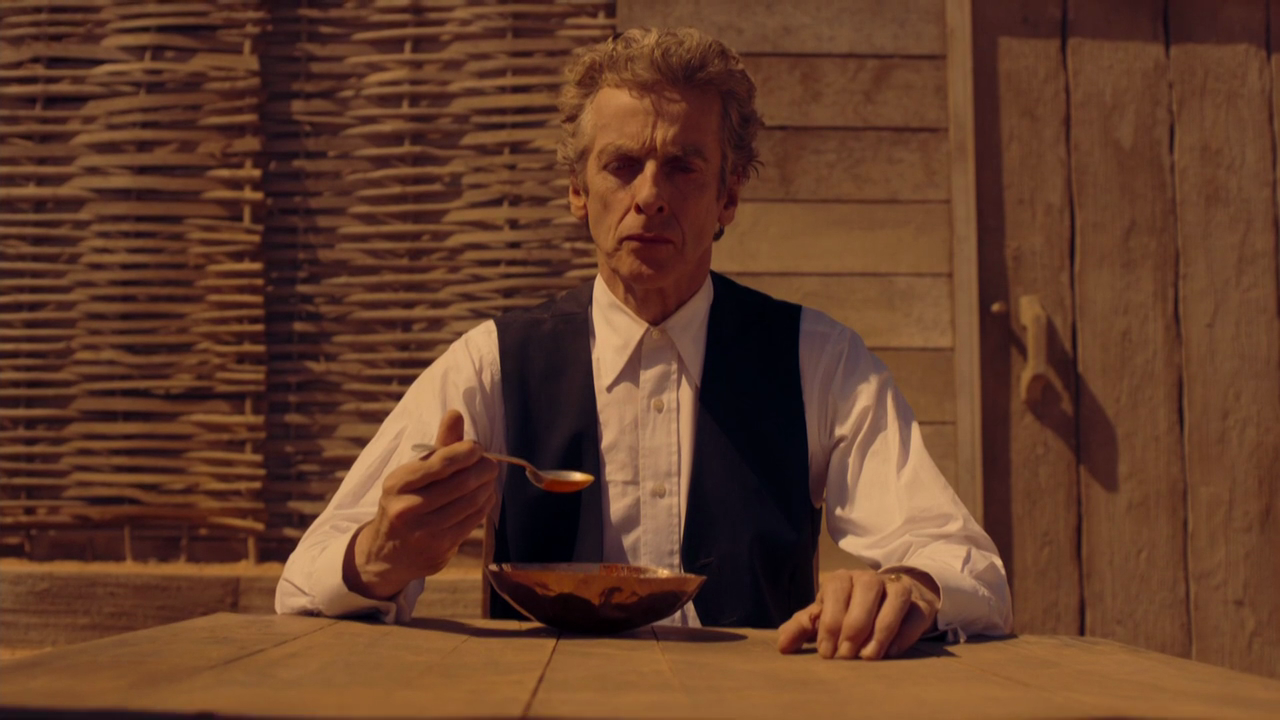
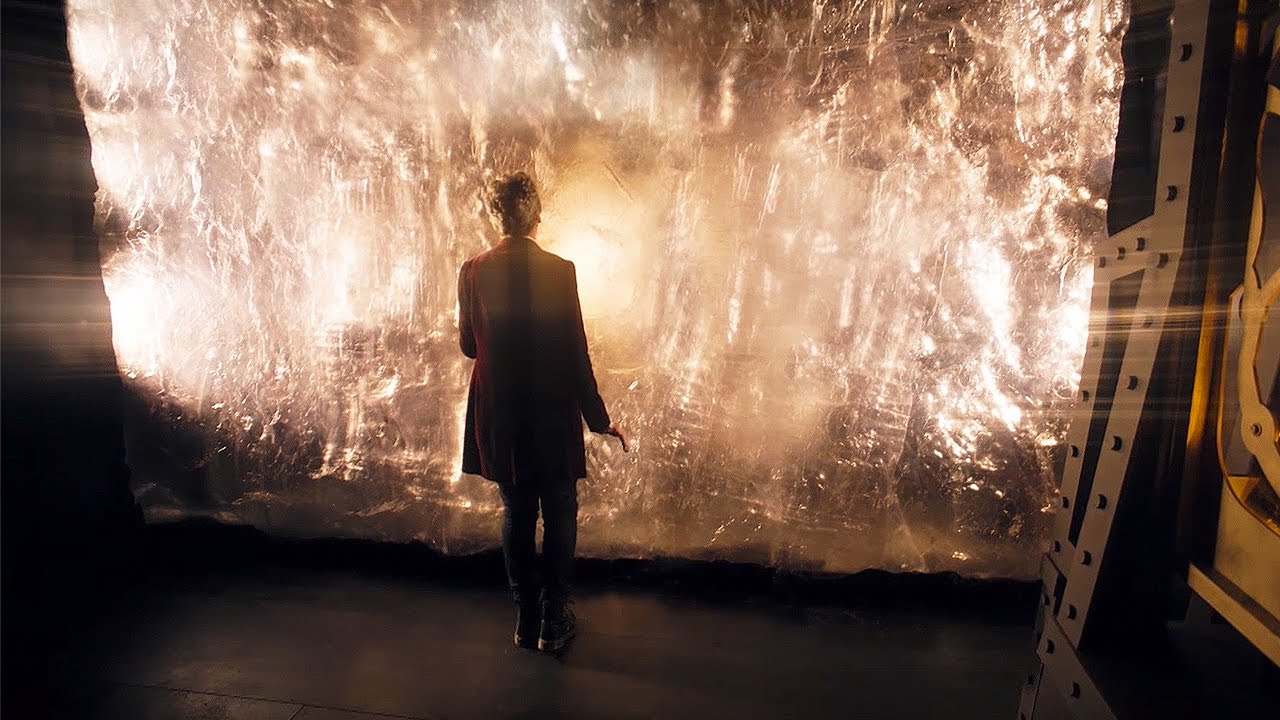
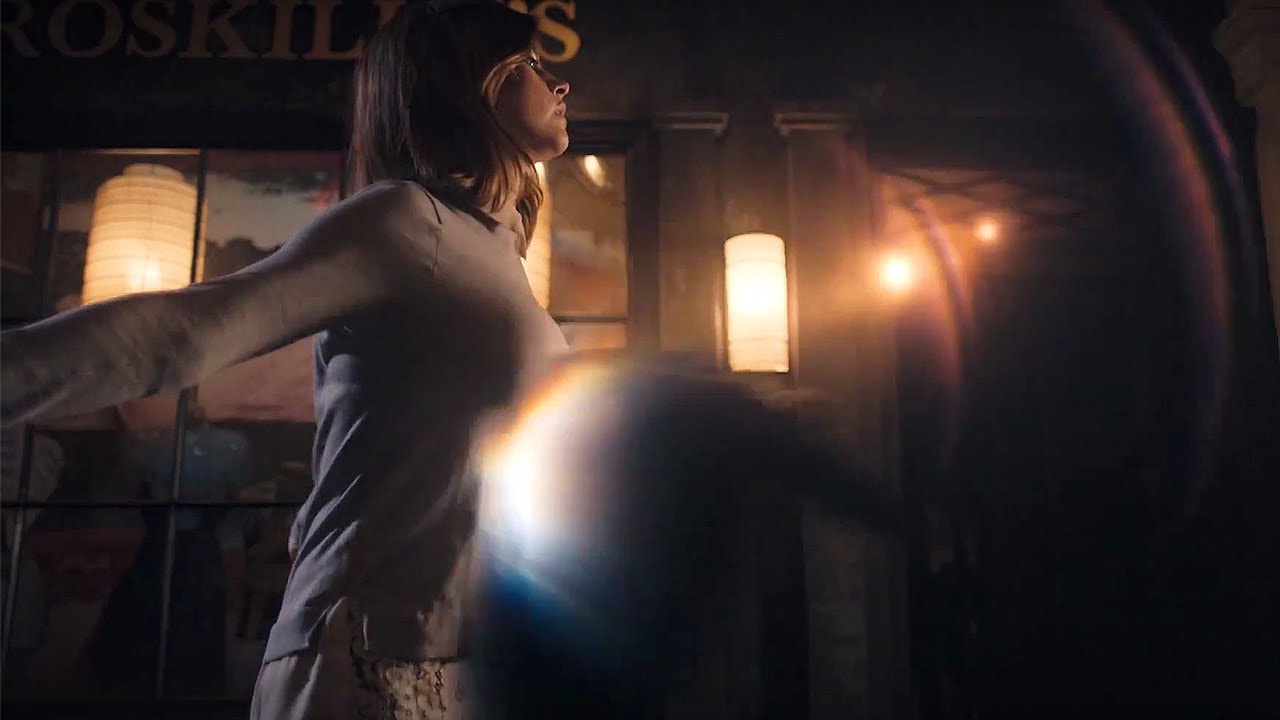
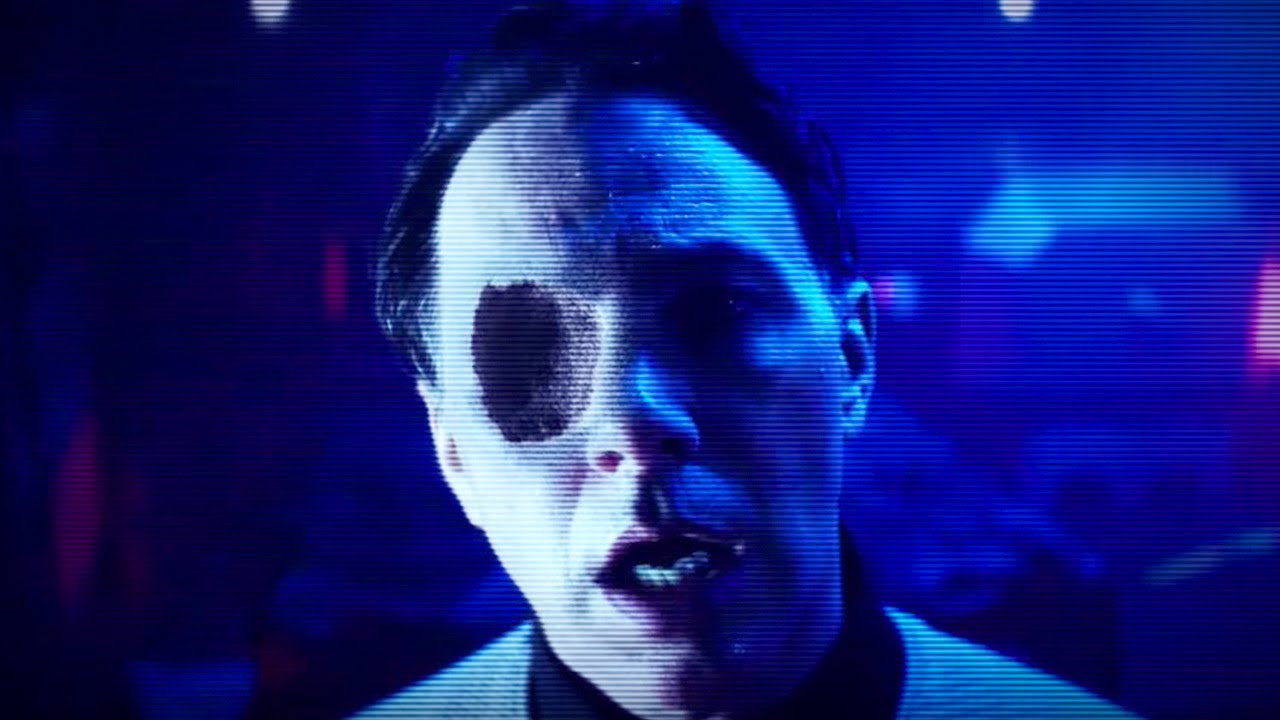
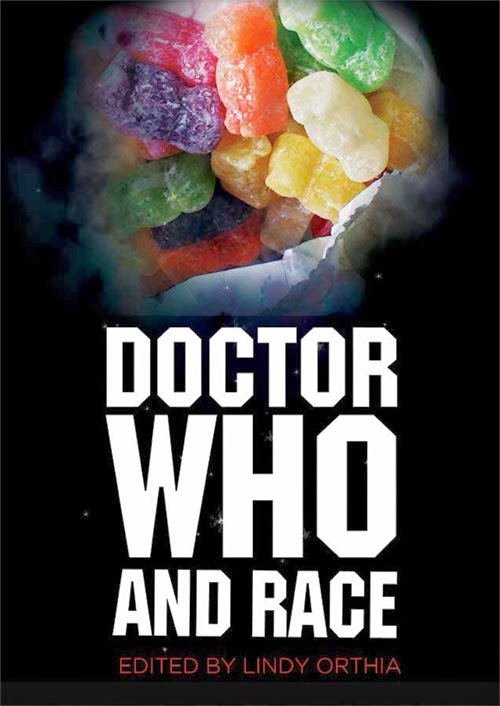 In light of recent controversies in and around Doctor Who Magazine about The Talons of Weng-Chiang, it is our pleasure to reprint Kate Orman’s essay from Lindy Orthia’s collection
In light of recent controversies in and around Doctor Who Magazine about The Talons of Weng-Chiang, it is our pleasure to reprint Kate Orman’s essay from Lindy Orthia’s collection  It’s been nearly five years since I last wrote about Big Finish on this site. Much of this gap is due to the fact that it’s only fairly recently that Big Finish’s license was expanded to cover the new series, so there’s been pretty slim pickings post-McGann. But in 2015 Big Finish released their first Torchwood and UNIT audios, and since then new series-adjacent material has been a mainstay of their increasingly bloated line. To date there’s nothing that directly ties into the Capaldi era, but as all of Osgood’s stories and all but one of Kate Stewart’s have Capaldi in them, this seemed the line to check back in on the company with.
It’s been nearly five years since I last wrote about Big Finish on this site. Much of this gap is due to the fact that it’s only fairly recently that Big Finish’s license was expanded to cover the new series, so there’s been pretty slim pickings post-McGann. But in 2015 Big Finish released their first Torchwood and UNIT audios, and since then new series-adjacent material has been a mainstay of their increasingly bloated line. To date there’s nothing that directly ties into the Capaldi era, but as all of Osgood’s stories and all but one of Kate Stewart’s have Capaldi in them, this seemed the line to check back in on the company with.